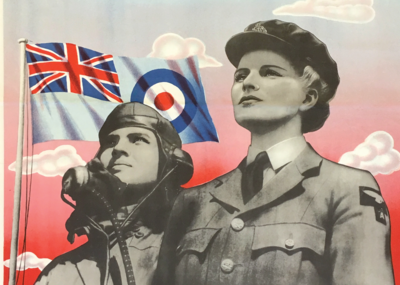History on Trial: My Day in Court with David Irving
I had just finished teaching a class on the history of the Holocaust. Relaxed and upbeat, I was scheduled to talk to a student about her graduate work and then spend the afternoon finishing a book proposal on my new research project—a study of how the Holocaust was represented in post–World War II America. As I came into my office, my secretary…
Please login or register for free access to Posen Library
Already have an account?



